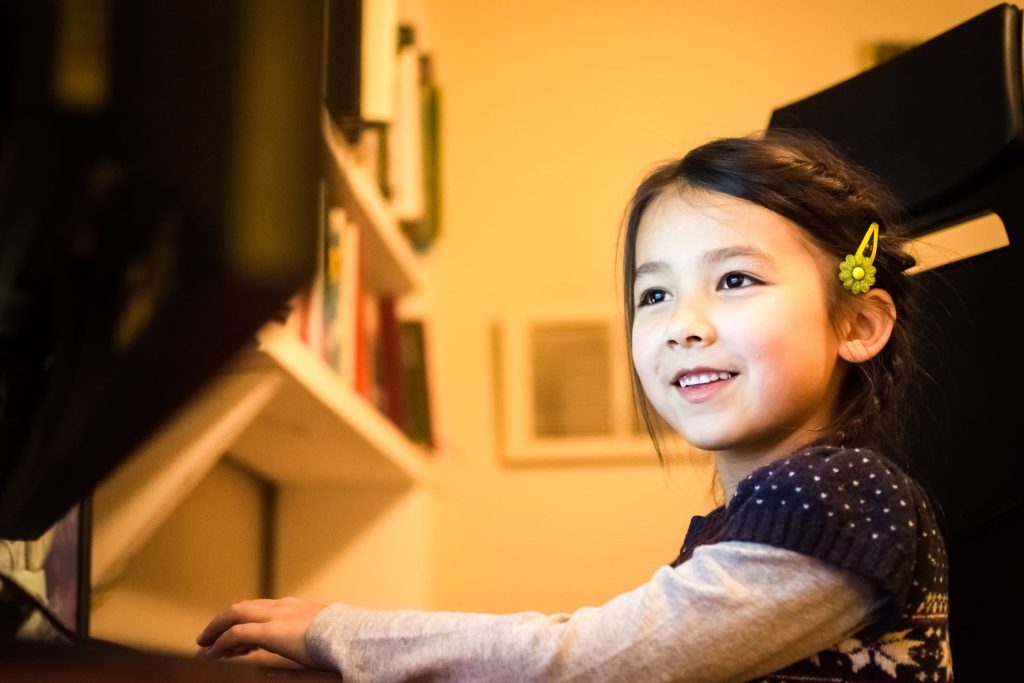Why coding matters for young women – especially now
28/11/25
In 2025, coding is more than a technical skill: it is a tool of empowerment, creativity, and opportunity. As societies across Europe continue to digitise – from public services to health, from environment to education – coding and digital literacy are becoming essential for full participation in modern life. For young women, learning to code offers not only access to growing career fields, but also a chance to shape the digital future with diverse perspectives, break stereotypes, and claim space in industries where women remain under-represented.

When more young women code, we increase the chances that future technologies will reflect more varied experiences and better serve society as a whole.
But coding isn’t only about careers: it’s also a creative outlet. Through programming, young women can exercise problem-solving, logic, and design, turning ideas into interactive projects; whether games, web apps, data visualisations, or automation. These are forms of expression and agency in a world where digital skills often translate into power.
Yet important barriers remain gender stereotypes, social expectations, lack of visible female role models, and limited access to coding opportunities all contribute to the gender gap in tech. For this reason, dedicated efforts are needed to open doors – and that is where initiatives like EU Code Week matter deeply.
The role of EU Code Week – making coding accessible and inclusive
EU Code Week began as a grassroots initiative and has grown into a wide-reaching movement. Its mission is to make coding and digital skills accessible to everyone – children, teens, adults – and to foster creativity, collaboration, and computational thinking.
What’s especially significant is that nearly half of EU Code Week’s participants are women (≈ 49 %). This gender balance reflects a deliberate drive toward inclusivity. By welcoming – and encouraging – young women to join coding workshops, hackathons, and community events, EU Code Week helps counter the stereotype that tech is “only for men.”
Beyond October’s main events, EU Code Week also supports year-round activities. These include resources for “Coding@Home”, online courses, webinars, community-driven challenges, and more.
For young women – especially those without prior exposure to programming – this accessibility is crucial. It means that coding is not reserved for those in tech-oriented schools or privileged environments – it is open to everyone.
Finally, EU Code Week helps build community. Through events run by volunteers, teachers, youth workers, and coding enthusiasts, participants meet peers and mentors, collaborate, share ideas – and realise that tech communities can be diverse, supportive, and female-friendly.
What’s new in Q4 2025 – reasons to get involved this season
🌟 Support through “Grants for Grassroots”
In November 2025, EU Code Week announced a new round of its “Small Grants for Grassroots” programme – funding local coding projects, community activities, and education initiatives across many European countries.
This is a powerful opportunity: grassroots grants mean that small schools, libraries, youth groups, or even informal community spaces can organise their own coding events – making coding accessible even outside big cities or tech hubs. For young women, that translates into more chances to join coding in their local area, with peers and mentors.


